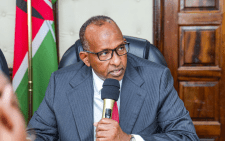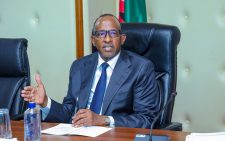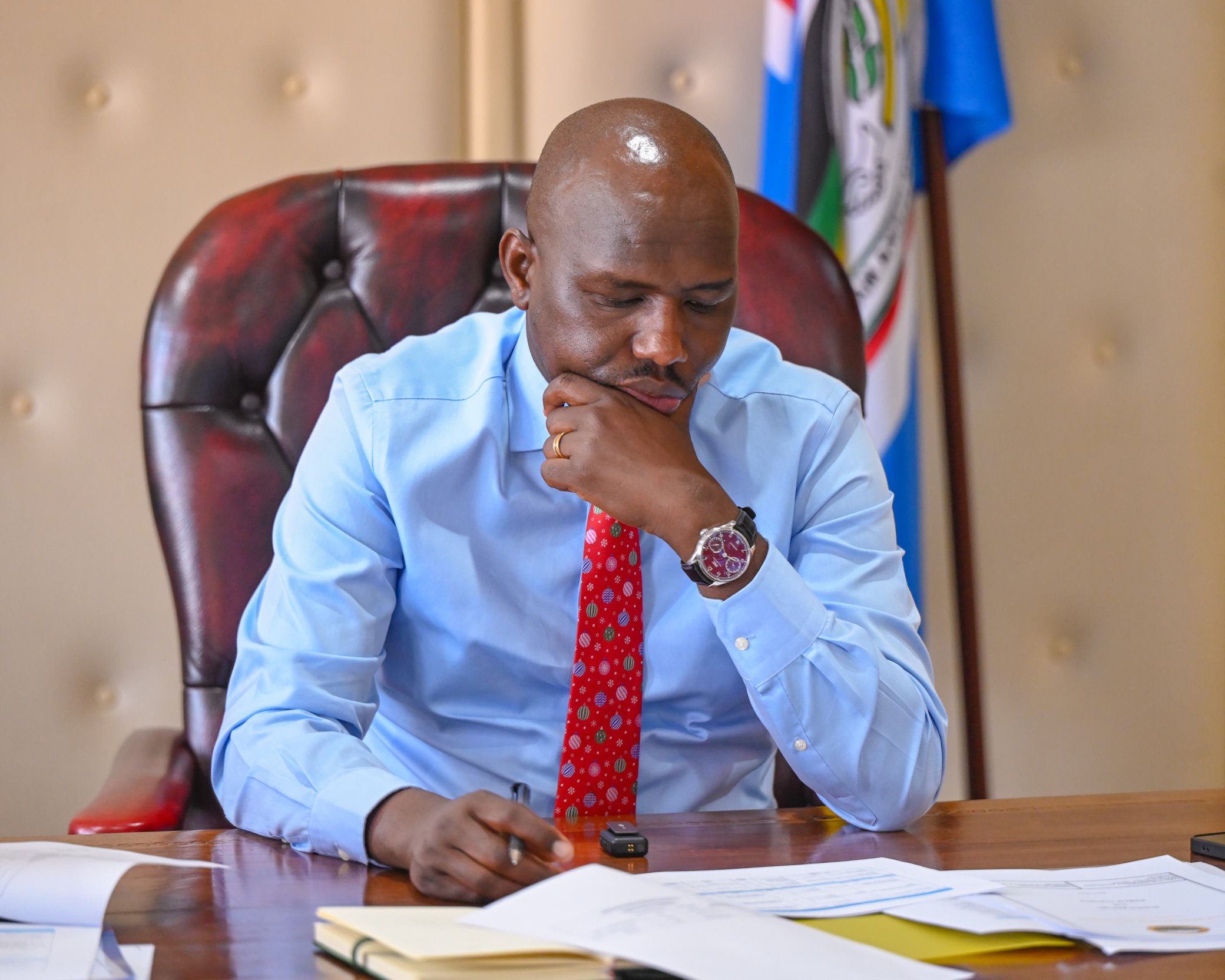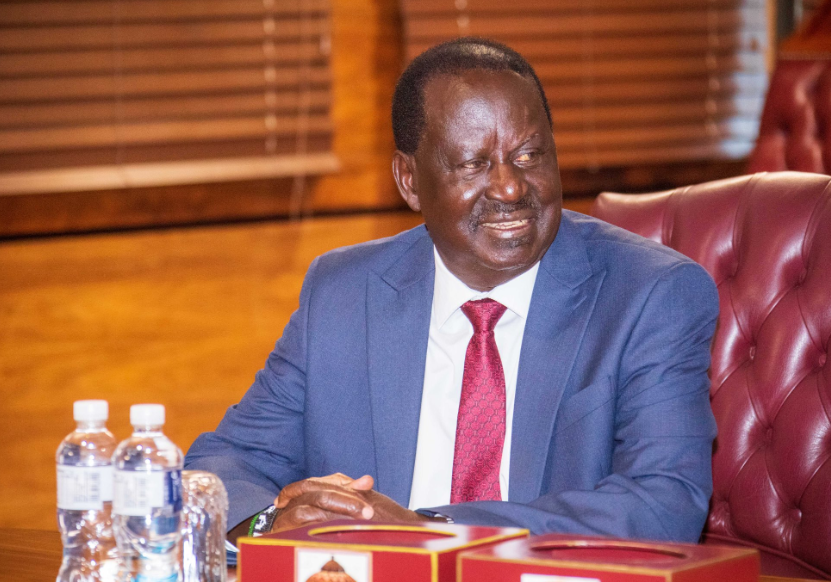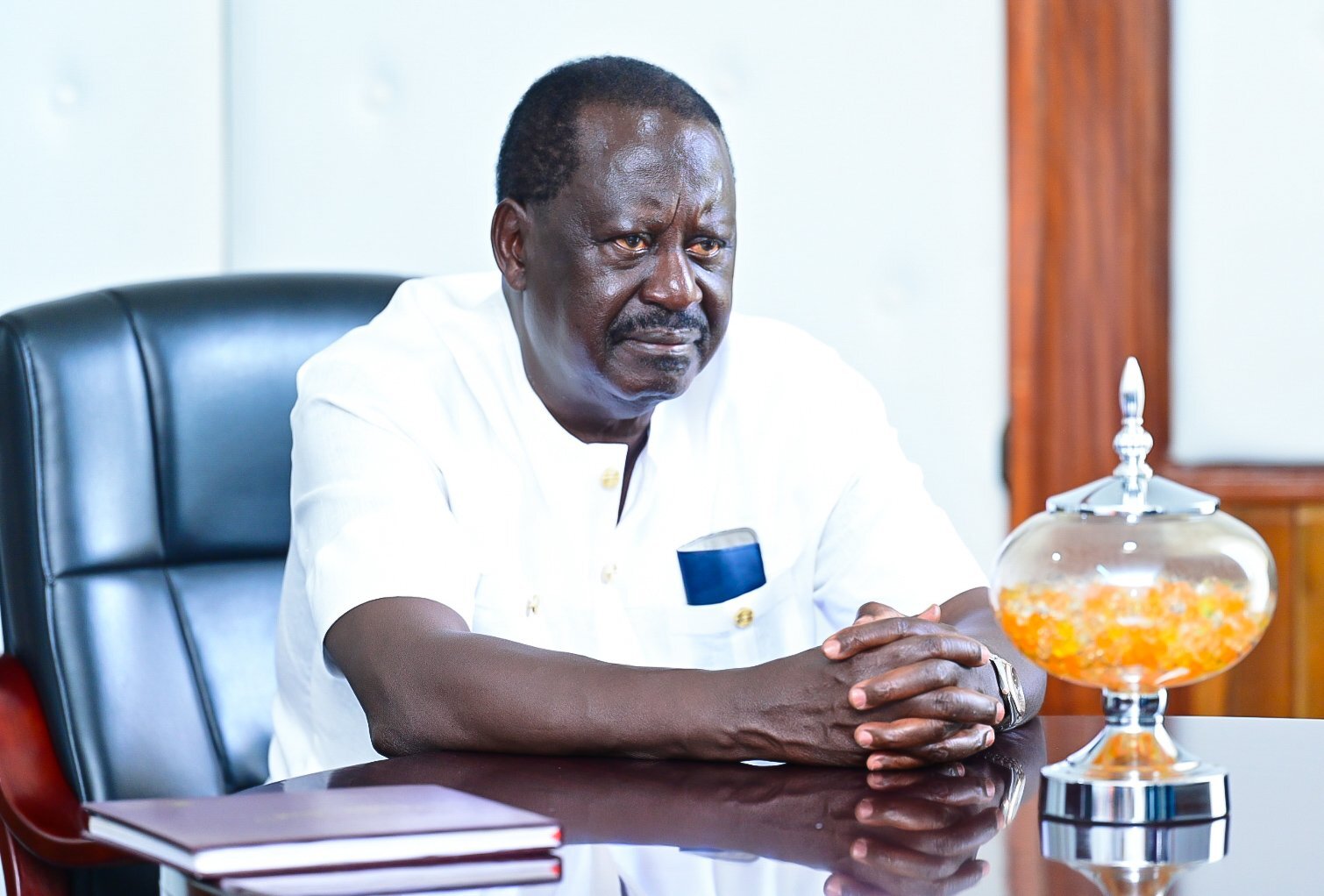NHIF paramount to universal health coverage
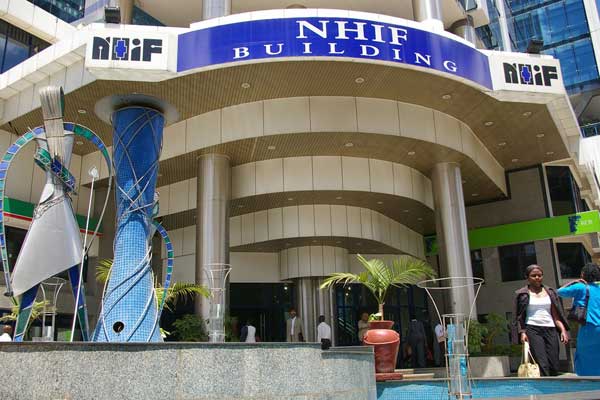
Victor Bwire
The provision of Universal Health Coverage (UHC), one of President Uhuru Kenyatta’s Big Four agenda, is critical to the country’ economic progress. To ensure access to the services by all citizens, the government has channelled more resources through enhanced levies to the National Health Insurance Fund (NHIF).
The greater responsibility of delivering one of the key planks of the legacy agenda that has been crystallised into the Big Four; food security, manufacturing, housing and universal health coverage, the NHIF has to shed the bureaucratic hiccups that hamper efficiency and transparency, which are the bane of citizens seeking public services.
The fund, however, has undertaken reforms and is now attracting more membership benefitting from a wide range of health-related services. But this is still dogged by lack of knowledge by the majority of Kenyans on how the cover works. This is why NHIF management must go out of its way and redouble efforts to educate an ignorant and even sceptical public to ensure greater uptake of the fund for the success of UHC.
A fundamental reform should be aimed at improving the process of health facilities approval and classification of services covered under the scheme. It must be more transparent, structured and predictable.
The government’s push for UHC is in line with United Nation’s Sustainable Development Goals (SDGs) being propagated by global agencies such as the World Health Organisation (WHO), which first enunciated the right to the highest attainable standards of health in its constitution in 1946. It also identified health information systems as one of the six essential building blocks upon which a comprehensive health system is anchored.
WHO notes that a well-functioning health information system ensures production, analysis, dissemination and use of reliable and timely information on health determinants, health system performance and system status.
Kenya is also a signatory to global treaties that boldly recognise the connection between the right to health and the right to information.
Currently, the NHIF’s information sharing is bureaucratic—it comes down from the board chair to the chief executive officer or in limited cases the public relations manager, all based in Nairobi or the website.
Ironically, the bulk of the fund’s members are in the counties, where demand for information is high. Even the journalists at the grassroots are forced to seek any information and comments from NHIF head office when covering the fund. This is a real challenge for an agency mandated to drive the UHC agenda.
The importance of real-time and accurate information was underscored by the UN special rapporteur, who said access to information and transparency are essential features of an effective health system in his report to the seventh session of the human rights council in 2008.
He states thus: “Access to healthcare information is an essential feature as an effective healthy system, as well as the right to the highest attainable standard of health. Health information enables individual and communities to promote their own health, participate effectively, claim quality services, monitor progressive realisation, expose corruption, hold those responsible to account and so on. The requirement of transparency applies to all those working in health-related, including states…”
For the public to effectively hold those in authority accountable on policies to promote access to health, they must have access to information on the same.
This is why NHIF has to strive to engage members and larger public to ensure they participate more effectively in democratic health-related decision-making at the community, national and international levels. The success of UHC will partly depend on information flow on access to the health services.
The writer is Deputy CEO and Programmes Manager at Media Council of Kenya
